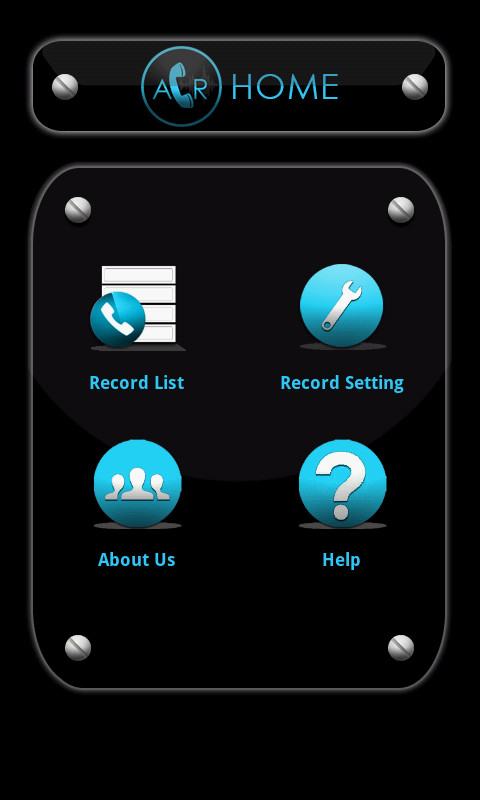

The article argues that a sonic perspective prompts a move away from a consideration of prison environments as dominated and determined solely by prison authorities, pointing to the active role played by prisoners themselves in shaping the sonic space they inhabit. For instance, they may be alert to the sonic presences of prison staff and other prisoners, engage in “window-towindow communication” or shouting between cells, listen intently to the verbal exchanges of others in order to gather information about events unfolding inside the prison, seek refuge from noise in quiet areas and use music to stimulate and manage particular affective states. The sources indicate that prisoners actively draw on listening and sound-making in a diversity of ways as they negotiate prison life. But prisoners are not entirely deprived of “acoustical agency”.

They are subjected to a variety of sounds that they have limited capacity to avoid or control. The accounts suggest that in many respects prisoners are a “captive audience” to the sonic environment in which they are held. Through this study, the article outlines such similarities, as well as differences between the two soundscapes.ĭrawing on a set of first-hand written accounts of imprisonment, this article begins to open up the complexity of prison “soundscapes” from the perspective of prisoners. The people of these islands appear to identify the soundscape of their place in a parallel, if not similar, way, giving particular attributes to key features of the Mediterranean soundscape. After practicing two respective soundwalks to describe the places’ sonic environments, the research uses eighteen in-depth interviews to examine the relationship between the cities’ inhabitants and their soundscape, and to explore the way people identify characteristic sounds of their place. This article approaches the contemporary soundscape of two Mediterranean places: the city centre of Nicosia in Cyprus and the urban areas of Malta. Accordingly, in Mediterranean Urban areas, towns’ identities are shaped partly by the rhythms of the everyday life of their inhabitants. The contemporary Mediterranean Soundscape is a living organism, articulated by the ever-changing landscape, the growing building sprawl and vibrant urban activity. Analysis of the environmental music of Dallas Simpson, Robert Curgenven, and the author illustrate how platial thinking can provide deep insights into a variety of creative sonic practices. This thesis is supported by the phenomenology of Martin Heidegger and Maurice Merleau-Ponty, as interpreted by Tim Ingold and Edward Casey. The word “platial” is proposed to encompass this understanding. Taken together, these concepts assert the primacy of place as milieu, a responsive context that shapes, and is shaped by, being-in-the-world. Plato’s khoros is both receptacle and material, a generative site of instability and unknowability.

The klimata of Ptolemy models place as psychic zones of influence on the Earth. Topos, exemplified by tales like “The Odyssey”, emphasises the perambulations of an individuated subject, foregrounding the experiential nature of the journey. Against this background, alternative models of place will be discussed. This perspectivism was reinforced first by Alberti’s optics, which placed a viewer in a strict topological relationship to the object of their gaze, and then by Cartesian rationalism, a philosophy that reduced place to mere secondary characteristics of an ordered, homogeneous space. One of these, Ptolemy’s geos, based on a God’s-eye view of the world, has dominated understandings of the world and its effects, hence the term “geography”. The historical development begins with the multiplicity of concepts of place known to the Ancient Greeks. This study addresses this lacuna by developing a rich vocabulary of place that can aid both the practice and analysis of environmental music. This practice requires an engagement with the ontology and phenomenology of place, but such relationships have remained under-theorised. The term “environmental music” describes aesthetic works that use field recordings as primary material. This study concerns field recordings, location audio gathered from unscored and unexpected sounds, which retain an indexical relationship to their origin in the natural world.


 0 kommentar(er)
0 kommentar(er)
